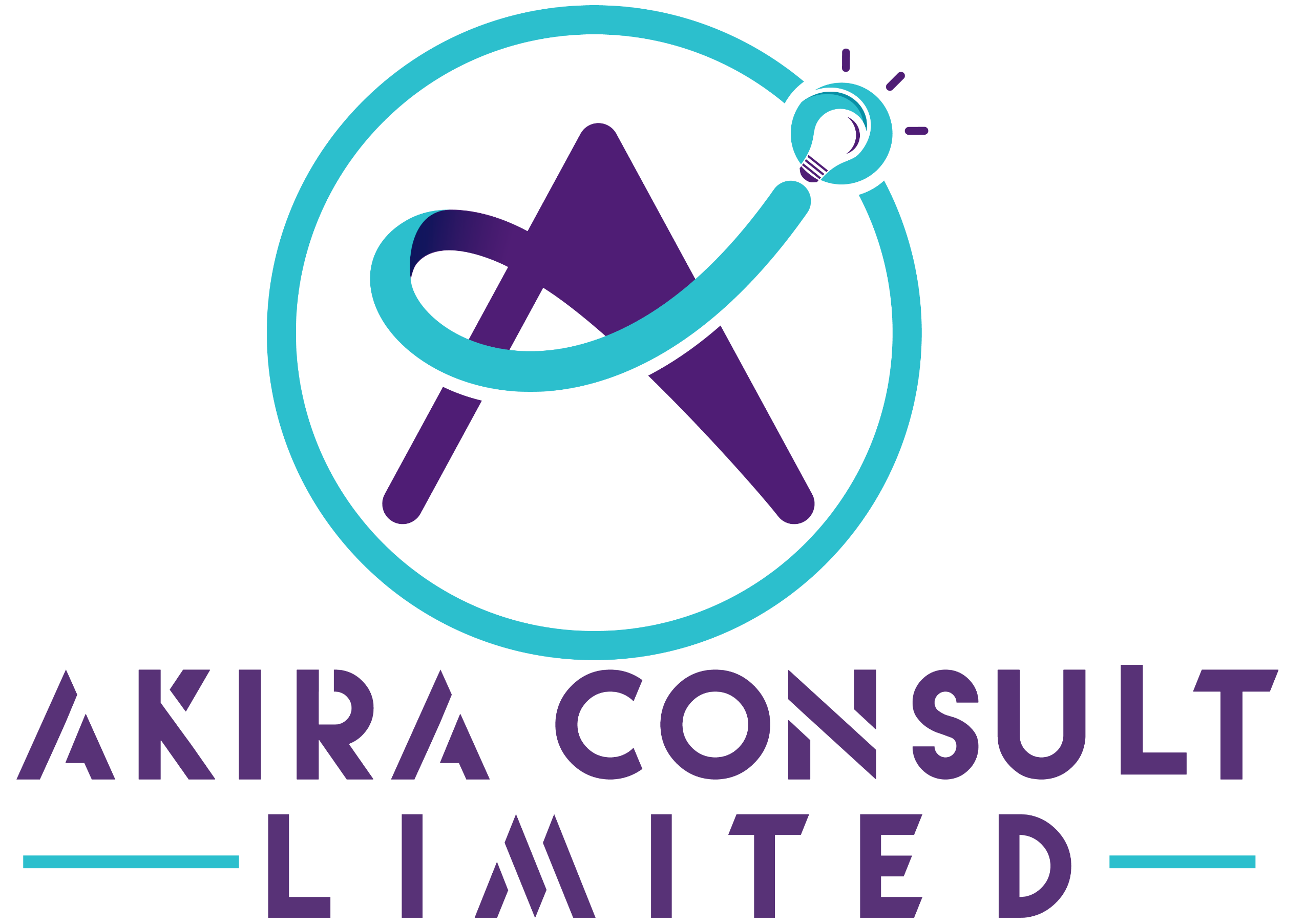Compliance- Distractor or Friend?
I was today years old 🤓 when I learned that the opposite of the word distraction is traction. My #akira (which means light) lightbulb 💡 went off. Distraction and Traction both have the root word ACTION and either word depends on what action or lack thereof is taken, moving one towards (traction) or away (distraction) from ones goal.
That aside, #compliance simply put are the actions taken to ensure that an organisation aligns to its internal and external laws. This means traction- positive actions, as that leads to what the organisation really wants- to meet its goals #strategy.
It follows that Compliance should enable an organisation’s strategy as without it, the business will be distracted from achieving its goals- through time or money wasted through the repercussions from not following the rules and regulations that give the organisation a #licence to operate.
But why Compliance? It is necessary for whatever type of entity- a company, a trading business, a non-profit organisation, a welfare group, a listed company, a regulated entity, a public service/ government body, a marriage between two people- the list is endless. This is because each of these entities have the licence to exist by virtue of registration, establishment especially for public service bodies, or regulation for specific sector activities that are best governed by the law due to their public impact.
Where to start? Compliance needs one to understand their ‘why’. Why is the organisation/ company/ group/ public body/ marriage in existence? This speaks a lot to the VMVs- #vision #mission and #values and which are reduced to a #strategy. Thereafter the following steps should lead towards a Compliance Framework that assists with the #governance of the entity;
1. What does the Constitution say about your entity- This is the highest law of the land and an entity should espouse its values.
2. What laws and regulations govern your entity? Read them, understand the legal boundaries around your entity then you can play within the boundaries.
3. What sets you apart? in line with your ‘why’, set out the dos and dont’s for your entity and share this with the internal stakeholders (e.g staff) so that everyone is clear on the ‘how we do things around here’.
4. Write it down-This is where manuals, reports, processes, procedures and policies that guide your entity are contained. It provides #direction and makes you play together like a well tuned orchestra.
5. Review periodically- this is through compliance registers and compliance audits. Depending on your ‘why’ you may need external legal and compliance audits as per law, but most can do this internally through an in-house compliance officer else you can outsource it to a corporate services firm.
All the above, though necessary, can take time. Leave your #compliance needs to Akira Consult, we can do the heavy lifting for you to have a smoother ride🤝Talk to us at enquiries@akiraconsult.com.
- Nairobi
- +254 115 809312

